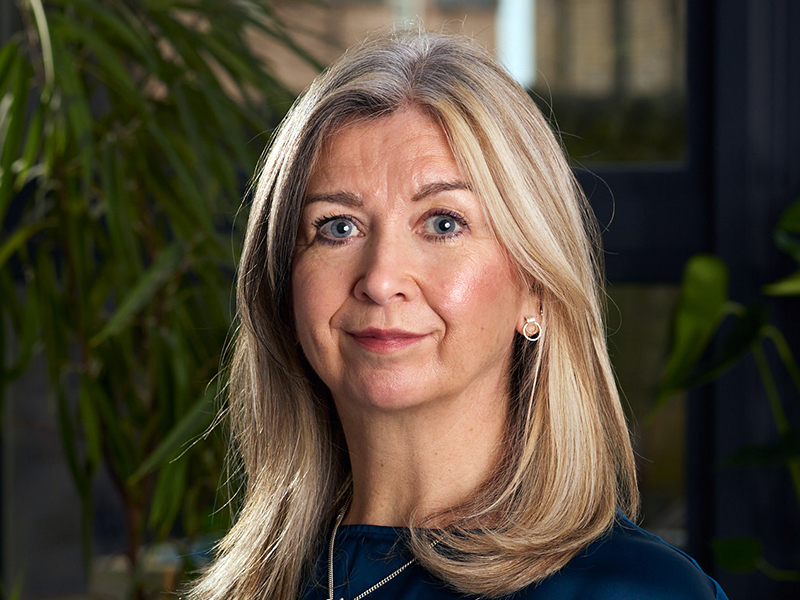The influence of Christie on children and family services shines through Scotland’s legislative framework.
From the duty to more closely integrate health services and local authorities in the Children and Young People’s Act (Scotland) 2014, through the unprecedented levels of participation by children and young people with care experience in The Promise, to the widely shared language of childhood adversity and trauma informed approaches; the commitment to the principles outlined by Christie is clear.
Most importantly, Christie’s call for public services to focus on prevention has provided fertile ground for establishing the, now widely held, understanding that our early childhood has a profound, and life-long, impact on our health, wealth and wellbeing. To borrow a metaphor from The Robertson Trust, our hard edges are created when we experience poverty, inequality and unsafe and uncertain relationships as children.
Since 2011 however, these hopeful green shoots of knowledge, policy and legislation have failed to bloom for Scotland’s children and families.
While Christie couldn’t predict the pandemic, he clearly understood that when public finances were tightest, the need for investment in prevention was greatest. Yet when budgets are squeezed, preventative spend is always the first to go.
Lack of investment in prevention coupled with a reluctance to give up traditional ways of doing things means that on child poverty and educational attainment (two key priorities for the Scottish Government) things are either getting worse, or progress is slow. Without action it is likely that within three years 26% of children will be living in relative poverty, the attainment gap remains wide and children living in the poorest 10% of neighbourhoods in Scotland are 20 times more likely to be taken into care than those in the wealthiest 10%.
Families tell us they continue to be batted between agencies, with each service only focusing on a small slice of the complex challenges their children face. It is incredibly hard to ask for help when it comes to our most personal troubles. When that help is scarce, difficult to find and focuses on what’s wrong rather than what’s happened, families can feel shame. The more shamed they are, the less likely they are to reach for support as they get closer to being in crisis.
Instead of smoothing the hard edges and empowering families to overcome their challenges, public services are still, usually inadvertently, making the hard edges sharper. So, after ten years and a global pandemic, is it time to give up on Christie?
In her book Radical Help, Hilary Cottam argues that our welfare state is beyond reform and that we need to establish new systems of support based on human connection.
For every child, our first and most fundamental human connection is with our family. Just as our hard edges are sharpened by unsafe and uncertain family relationships, they become smoother when those relationships are strong.
A huge and immediate investment is required in practical, emotional and financial help, developed alongside children and families and delivered through consistent relationships with professionals rather than via siloed services.
The UN Convention on the Rights of the Child (UNCRC) places obligations on states to provide support to uphold children’s right to grow up safely within their own family because it recognises that families are the most amazing and enduring of all the structures of social support that we humans have ever created. It also recognises that, even in the best times, raising children can be tough. In the past year and a half, coronavirus has placed additional strain on every family in Scotland – albeit to a greater or lesser degree.
Today, the urgency to truly deliver the ambitions of Christie is therefore greater than ever. While Christie tried to reform public services; to deliver his vision we must now grasp the opportunity to re-imagine them.
To ensure every child recovers from the losses, trauma and stresses caused by the pandemic, every family in every community must be able to easily access an offer of whole family support. A huge and immediate investment is required in practical, emotional and financial help, developed alongside children and families and delivered through consistent relationships with professionals rather than via siloed services. Providing this universally will mean that no child slips through the net and crucially, will remove the shame and stigma that so often stops families from reaching out for early help.
An investment now to keep children safe and loved in their own families and communities will deliver savings – both human and economic - in the long term.
I remain hopeful and optimistic that Christie can provide the original blueprint for real change but only if we replace our fine talk with firm and radical action. When we hear Scotland’s Government Ministers for Finance and the Economy, Health and Social Care and Education and Skills stand together, pool their budgets and commit to putting children’s wellbeing at the heart of a wellbeing economy with the scale of investment that matches the level of need – I’ll be convinced.
Mary Glasgow is Chief Executive of Children 1st.







